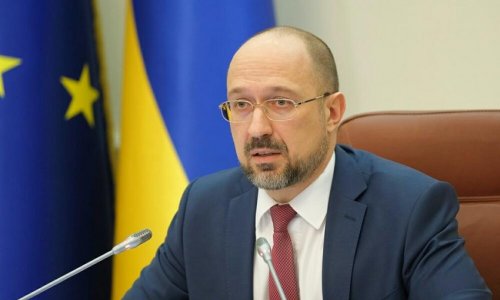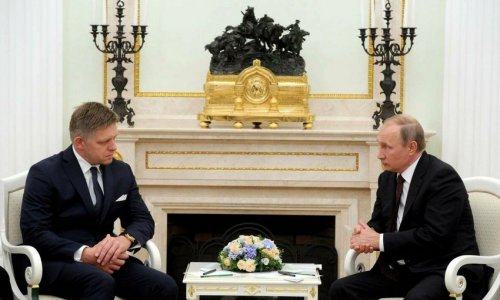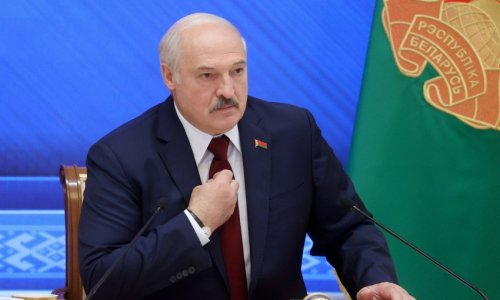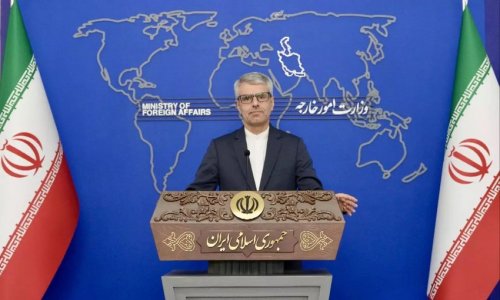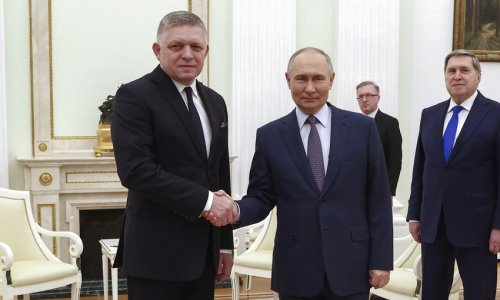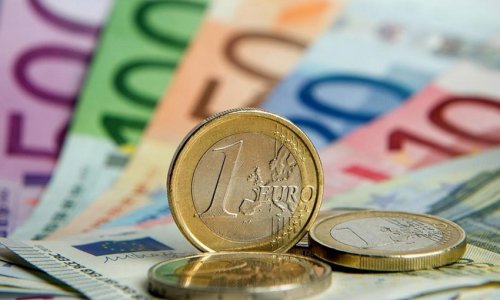By BEN JUDAHWhhen rebel crosshairs fixed on Malaysian Airlines flight MH17 30,000 feet above the sunflowers of Eastern Ukraine, they had no idea what they were about to blow up. No clue they were about to incinerate hundreds of Dutch holidaymakers. None whatsoever they were about to wreck a decade of the Kremlin’s finest diplomacy—years of cleverly preventing the Americans from building a united Western front by playing divide and rule amongst the Europeans.The rebels blew up more than a plane. They blew up Russia’s winning position in Brussels against sanctions. Europeans like to think they play games with others, but the truth is that for years Russia has been pulling strings inside the European Union. The boys in Brussels like to boast about the EU. But they are ashamed to admit how far the Kremlin had gamed them: playing them off each other with energy, armaments and oligarchs.None of the heavy hitters in Europe were willing to give these up big, juicy bribes for Ukraine. This is why serious sanctions have taken so long. Because for all the fighting talk from the Eurocrats, Russian money has run rings around its interests, its cash aiming to cripple any common foreign policy. Russia is Europe’s third-biggest trade partner. Moscow’s investments in the continent are enormous: Russia does over 40 percent of its trade with the European Union, supplying the bloc with roughly a quarter of its gas, while receiving more than $310 billion in loans from its banks.(Sign up for Politico Magazine's Friday Cover email)Kremlin tactics were simple: use this money to divide and rule. That’s why Russian diplomats no longer sound like KGB agents. They never talk ideology; they always talk about money. Putin’s best diplomats now sound like clever businessmen: Does Germany want its own personalized pipeline? Excellent. Now, we only want Berlin to be a little more understanding on human rights… Would France, or Italy, like special military and energy deals? Fabulous. This could be arranged, but please, no more lectures on how to behave. Would Bulgaria, Hungary, Romania or perhaps Austria like our latest pipeline routed through sovereign territory? Wonderful. But remember, we need you to stand up for us in Brussels. Would London like to be the destination of choice for our lovely oligarchs? Superb. Now, let’s not look too closely at offshore finance.Russian diplomats have been creating covert allies, especially out of the weaker Eurozone states such as Italy, Portugal and Spain. These recession-battered governments wanted nothing more than millions more Russian tourists or cheaper energy discounts. In exchange, they have been more than happy to make the case for Moscow inside the EU. They were not alone. Russian diplomats went shopping around southeastern Europe with the proposed South Stream pipeline – using the proposed route to buy friends and favors in Brussels out of Austria, Greece, Hungary, Italy and Slovenia. These crafty games have stymied hopes of the bloc ever forming an energy union to conduct gas deals with Russia. Instead states still deal individually.But nowhere were they as successful as in Athens and Nicosia. The European Council on Foreign Relations, a think-tank network, even went as far as labeling both Greece and Cyprus as Russian “Trojan horses.” This should come to little surprise: The Kremlin has turned Athens into a military partner and Nicosia, the Greek Cypriot capital, into a money laundering hub, with roughly $150 billion flowing in annually from Russia. And surely enough, both Greek and Cypriot delegations in Brussels have consistently argued the Russian case on all matters to do with the Black Sea and the South Caucasus – even vetoing EU proposals to send border monitors to disputed frontiers in South Ossetia, Abkhazia and Moldova.This is why nothing big happened on sanctions before the downing of MH17. Kremlin sweeteners had divided the big three players: Britain was refusing to lose its business with Russian banks; France was determined not to lose billions in military contracts; and Germany, which gets 40 percent of its natural gas from Russia, refused to budge on anything to do with energy. With the big boys thus compromised, the weaker southern European countries gave pushback: With Italy in the lead, they wanted nothing more than to warm up European relations with Russia again.Washington was increasingly frustrated as inaction in Brussels. European politicians were insufficiently moved by Ukraine’s humanitarian and geopolitical catastrophe to lose big money. They had been looking at potential sanctions on Putin and simply fretting – how many votes do we stand to give up with all this lost Russian money? The MH17 changed everything. That one rebel error means Vladimir Putin has gone from unpleasant neighbor to monster in the court of European public opinion.Europe’s politicians woke up to tabloid headlines like: “Putin killed my son.” Suddenly for Britain, Germany and the Netherlands – the home country of most of those incinerated on the MH17 – not standing up to Putin was no longer about money. These politicians suddenly risked losing their credibility and their votes at home. Suddenly, the calculation flipped: For David Cameron and Angela Merkel in particular, sanctions were suddenly politically profitable.Russia’s rebels have achieved what American diplomats failed to do. For months, American diplomats had been lobbying the 28 EU member states to take a stronger stance toward Russia. Not even Britain was particularly obliged—all those rubles can buy a lot of wobbly upper lips, apparently. But no longer: Russia’s European diplomacy now lies in the wreckage of the MH17. The package that was carried through this week looks set to hit the kleptocratic network that underwrites Putin hard. Russia’s economy is already teetering on the edge of recession. The move to restrict the access of Russian state banks to Western financial markets will hurt not only the Kremlin’s coffers, but also the Russian oligarchs whose companies are tied into them.(politico.com)Bakudaily.az
The End of Vladimir Putin - POLITICO
World
22:15 | 04.08.2014
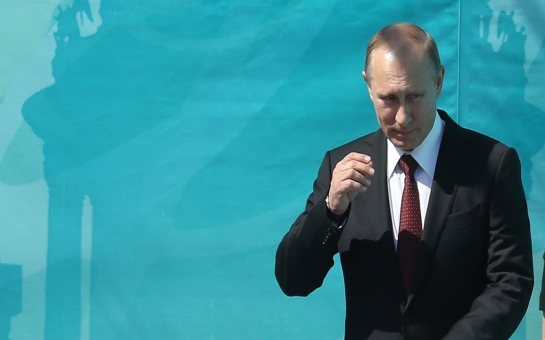
The End of Vladimir Putin - POLITICO
Could the war in Ukraine bring down the Kremlin?
Follow us !

